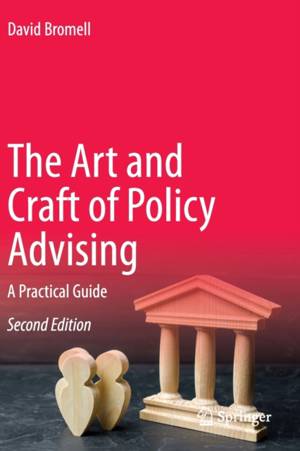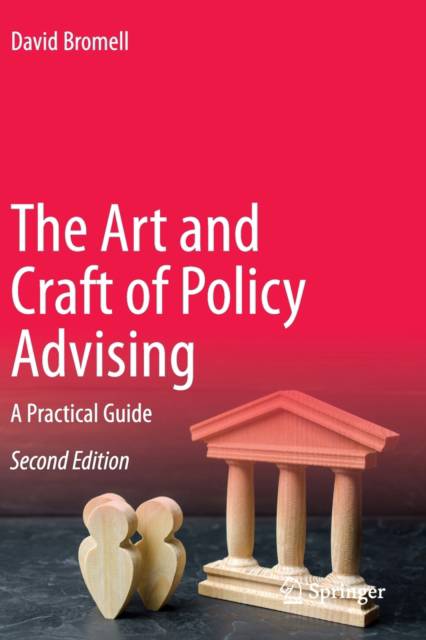
- Afhalen na 1 uur in een winkel met voorraad
- Gratis thuislevering in België vanaf € 30
- Ruim aanbod met 7 miljoen producten
- Afhalen na 1 uur in een winkel met voorraad
- Gratis thuislevering in België vanaf € 30
- Ruim aanbod met 7 miljoen producten
Omschrijving
A key message is that effective policy advising is less about cycles, stages and steps, and more about relationships, integrity and communication. Policy making is incremental social problem solving. Policy advising is mostly learned on the job, like an apprenticeship. It starts with careful listening, knowing one's place in the constitutional scheme of things, winning the confidence of decision makers, skillfully communicating what they need to hear and not only what they want to hear, and learning to lead from behind, scheme virtuously and play nicely with others.
The author introduces a public value approach to policy advising that uses collective thinking to address complex policy problems, evidence-informed policy analysis that also factors in emotions and values, and the practice of "gifting and gaining" (rather than "trade-offs") in the long-term public interest. Theory is illustrated by personal anecdote and each chapter offers practical processes, tools, techniques and questions for reflection, to help readers master the art and craft of policy advising.
This second edition has been substantially revised and updated. It provides an expanded, step-by-step approach to stakeholder analysis and prioritisation in relation to an agency's own strategic frame; it aligns and integrates theory about the public interest, public value and anticipatory governance; and it updates a "fair go" multi-criteria decision analysis matrix with the latest iteration of the N.Z. Treasury's Living Standards Framework.Specificaties
Betrokkenen
- Auteur(s):
- Uitgeverij:
Inhoud
- Aantal bladzijden:
- 192
- Taal:
- Engels
Eigenschappen
- Productcode (EAN):
- 9783030995645
- Verschijningsdatum:
- 22/06/2023
- Uitvoering:
- Paperback
- Formaat:
- Trade paperback (VS)
- Afmetingen:
- 156 mm x 234 mm
- Gewicht:
- 299 g

Alleen bij Standaard Boekhandel
Beoordelingen
We publiceren alleen reviews die voldoen aan de voorwaarden voor reviews. Bekijk onze voorwaarden voor reviews.








